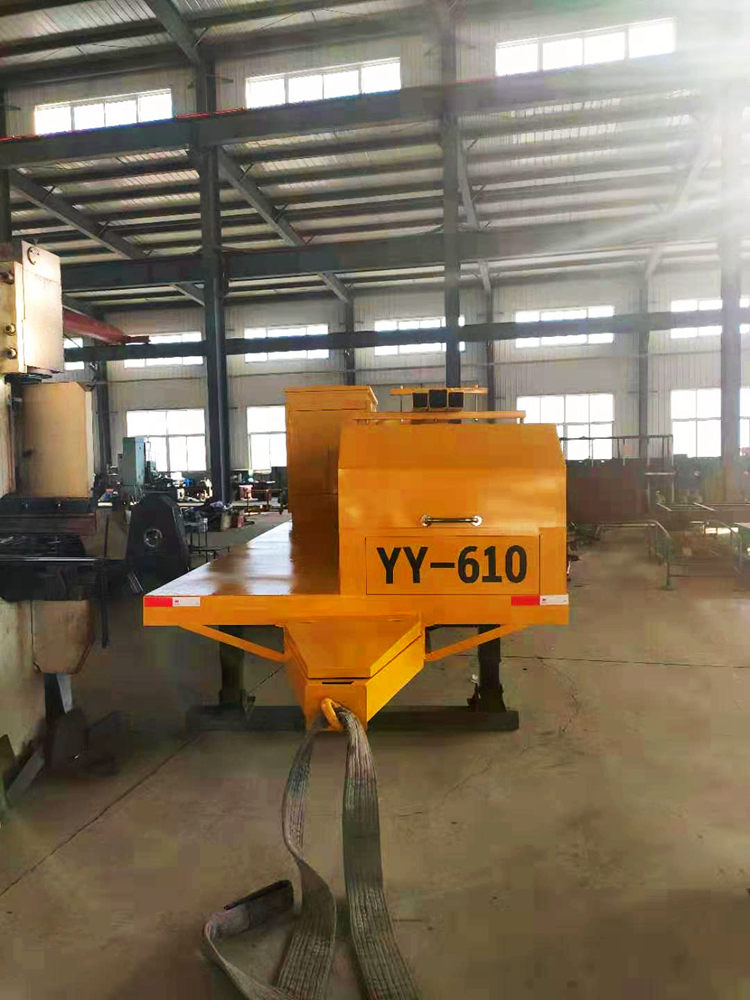
The Versatility and Importance of Steel Coils in Modern Industries
Steel coils represent a fundamental material in various industrial applications, playing a crucial role in manufacturing, construction, and transportation. As integral components of modern economy and infrastructure, steel coils offer a balance of strength, durability, and versatility that few materials can match. This article delves into the significance of steel coils, their production processes, and their myriad applications across different sectors.
Understanding Steel Coils
Steel coils are sheets of steel that are rolled into a cylindrical form, which makes them easy to handle, transport, and store. They come in various types, including hot-rolled and cold-rolled coils, each with its unique properties and uses. Hot-rolled coils are produced by heating steel slabs above their recrystallization temperature, allowing for easier shaping and forming. Conversely, cold-rolled coils are processed at room temperature, resulting in a smoother surface finish and tighter tolerances.
The Production Process
The production of steel coils involves several key stages. It begins with iron ore, which is smelted into molten iron and then refined to create steel. This steel is then cast into slabs before undergoing the rolling process. During rolling, the slabs are reduced in thickness and rolled into coils. Advanced technologies in the rolling mills ensure that the coils are produced with precision, meeting the stringent standards required by various industries.
Quality control is paramount in the steel coil production process. Manufacturers often implement a range of tests, including tensile strength testing, impact testing, and surface inspection, to ensure that the coils meet specific requirements. This commitment to quality guarantees that the coils not only perform effectively in their intended applications but also have a longer lifespan, reducing waste and enhancing sustainability in industries that rely on them.
Applications of Steel Coils

Steel coils are immensely versatile and find applications across multiple industries. In construction, they are used to manufacture steel beams, columns, and reinforcements. This application is particularly critical in high-rise buildings and infrastructural projects where strength and reliability are paramount.
In the automotive industry, steel coils serve as raw materials for producing car bodies, chassis, and other essential components. The lightweight yet strong properties of steel enable manufacturers to create vehicles that are not only durable but also fuel-efficient. Similarly, in the appliance sector, steel coils are utilized to manufacture household items such as refrigerators, washing machines, and ovens, combining aesthetic design with functional strength.
Moreover, steel coils are crucial in the energy sector. They are used in the production of pipelines for transporting oil and gas, as well as in the construction of wind turbines and other renewable energy structures. The ability of steel to withstand harsh environmental conditions makes it an ideal choice for these applications.
Economic Impact
The steel coil industry is a significant contributor to the global economy. It creates millions of jobs worldwide, from production and manufacturing to distribution and sales. Additionally, the steel industry is known for its contribution to technological advancements and innovations, which drive efficiency and sustainability across various sectors.
The ongoing push for sustainability has led to an increased focus on recycling within the steel industry. Steel is one of the most recycled materials globally, and using recycled steel coils can significantly reduce energy consumption and lower carbon emissions. This aspect highlights the industry's commitment to environmental responsibility and aligns with the global move towards more sustainable practices.
Conclusion
In summary, steel coils are a vital material in today’s industrial landscape. Their strength, versatility, and economic significance underscore their importance across various applications, from construction and automotive manufacturing to energy and consumer goods. As technology continues to evolve, the steel coil industry is likely to adapt, ensuring that this essential material remains pivotal in shaping the future of manufacturing and infrastructure. With ongoing innovations and a commitment to sustainability, steel coils will undoubtedly continue to play a crucial role in the advancements of modern society.